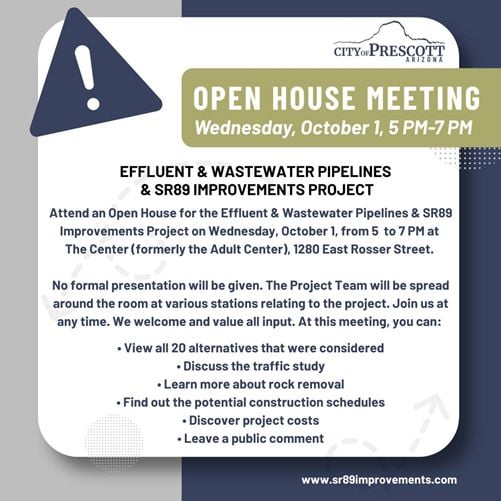Photo courtesy of ICE
The Department of Homeland Security (DHS) and the Department of Justice announced a new joint federal rule that streamlines the process of issuing fines for illegal immigrants, making it easier and more efficient, DHS said in a June 27 statement.
“The current process requires giving illegal aliens 30 days’ notice of the intent to fine them before a fine is issued,” said the statement. The new rule will “eliminate the 30-day notice period, authorize DHS immigration officers to send fines to illegal aliens by regular mail, and shorten the process that applies if illegal aliens contest their fines.”
According to the DHS, the new fining process applies to foreigners who have entered the United States illegally, who delay their removal from the country or ignore such orders, and who do not adhere to agreements to comply with voluntary departure orders issued by judges.
For every unlawful entry or attempted entry, a fine of $100 to $500 shall be charged. Failure to comply with a removal order attracts a fine of up to $998 per day, while refusal to honor a voluntary departure order triggers a fine of $1,992 to $9,970.
DHS said such fines were initially issued under President Donald Trump’s first term but were stopped after President Joe Biden took office.
Under Trump’s second term, Immigration and Customs Enforcement (ICE) began issuing failure-to-depart fines again. So far, ICE has issued almost 10,000 fine notices, DHS said.
“The law doesn’t enforce itself; there must be consequences for breaking it,” said Assistant Secretary Tricia McLaughlin.
Trump and Secretary of Homeland Security Kristi Noem “are standing up for law and order and making our government more effective and efficient at enforcing the American people’s immigration laws. Financial penalties like these are just one more reason why illegal aliens should use CBP Home to self-deport now before it’s too late.”
Illegal immigrants who register to voluntarily depart from the United States through the CBP Home App will receive a $1,000 bonus as well as cost-free travel, according to the DHS. In addition, any fines imposed on such illegal immigrants for failing to depart the country shall be forgiven.
Meanwhile, the Supreme Court sided with the Trump administration on the issue of deporting illegal immigrants to countries other than their home nations, issuing a ruling on June 23 that temporarily lifted a lower court order blocking such efforts.
In its emergency application to the court, the government had argued there was a “crisis of illegal immigration, in no small part because many aliens most deserving of removal are often the hardest to remove.”
The administration has tried to speed up deportation efforts “by removing aliens to third countries that have agreed to accept them,” it said.
Tackling Illegal Immigration
Under the Trump administration, there has been a significant decline in the entry of illegal immigrants into the United States.
In a June 17 statement, the Customs and Border Protection (CBP) said that total nationwide encounters, including at ports of entry, averaged around 952 individuals per day last month, which is the “second lowest average daily number of CBP encounters in history.”
The federal government’s enforcement against illegal immigration has also faced pushback. For instance, the Trump administration’s proposal to build a detention facility for illegal immigrants in the Florida Everglades, dubbed the “Alligator Alcatraz,” is facing legal challenges from environmental groups.
The plaintiffs argued that the decision to build the facility was taken without carrying out necessary environmental reviews.
The governor’s communications director, Bryan Griffin, said in the statement emailed to The Epoch Times: “Governor Ron DeSantis has insisted that Florida will be a force multiplier for federal immigration enforcement, and this facility is a necessary staging operation for mass deportations located at a pre-existing airport that will have no impact on the surrounding environment.”
Meanwhile, the CBP announced on June 18 that it was awarding a $309 million contract for building 27 miles of new border wall in Arizona.
The wall, to be constructed in Santa Cruz County, is located within the Border Patrol’s Tucson Sector.
“The Tucson Sector is an area of high illegal-entry attempts and experiences large numbers of individuals and narcotics being smuggled into the country illegally,” said the agency.
“Continuing border wall construction in Tucson will support the Department of Homeland Security’s ability to impede and deny illegal border crossings and the drug and human smuggling activities of transnational criminal organizations.”
T.J. Muscaro contributed to this report.
How useful was this article ?
Click on a star to rate it!
Average rating 5 / 5. Vote count: 4
No votes so far! Be the first to rate this post.
We are sorry that this post was not too useful for you!
Let us improve this post!
Tell us how we can improve this post?















